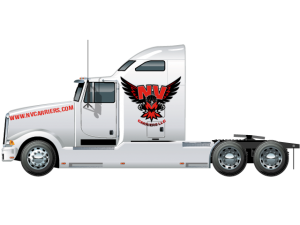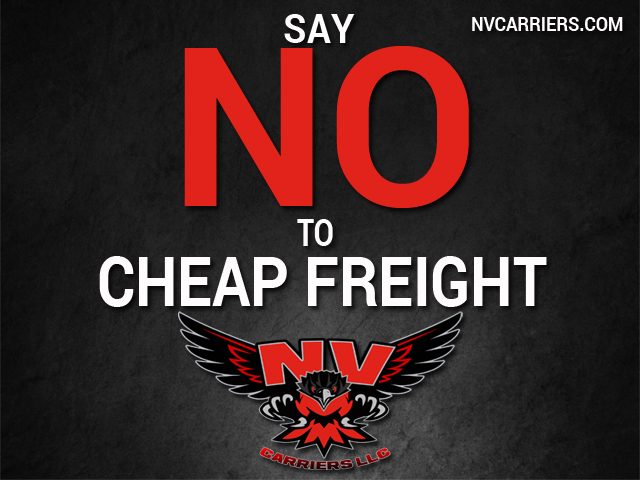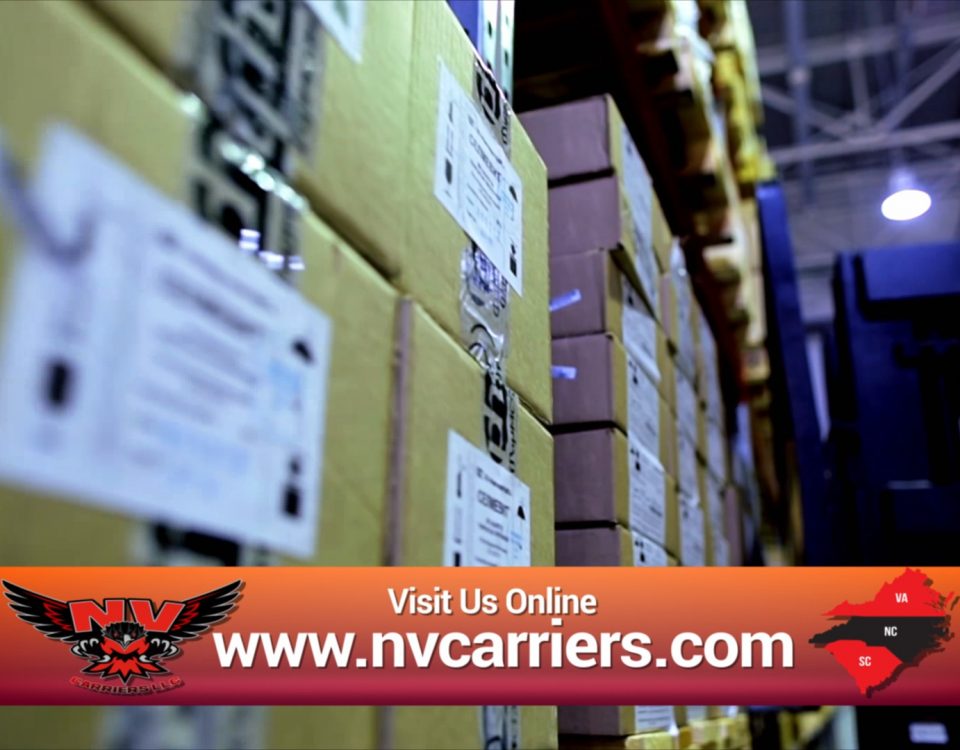- Have any questions?
- (984) 269-7163 Office | (919) 827-7451 Cell
- contact@nvcarriers.com
Say NO to Cheap Freight | Asset Based Trucking Company

Box Truck Freight Delivery Services | LTL Trucking Company Raleigh NC
October 28, 2018
Capabilities Statement | NV Carriers LLC
February 15, 2019
Say NO to Cheap Freight | Asset Based Trucking Company
While searching the internet, I came across this article stating:
“Owner-operators running under the mantra ‘Say no to cheap freight’ likely are doing more harm than good for the profitability of their business, says Kevin Rutherford, former small fleet owner, owner-operator accountant and SiriusXM host. Rutherford gave an address on finding profitable loads Thursday at the Mid-America Trucking Show in Louisville, Ky.
“Is there really a definition of cheap freight? I say no, there isn’t,” Rutherford says. Instead of “let’s say no to cheap freight,” he says, “let’s say no to deadhead or minimize it or plan it better.”
I find rhetoric like this laughable at best. How people get a platform to spew these ideas and concepts are beyond me, but in this article, we will discuss why asset-based motor carriers should say NO to cheap freight.
What is an asset-based trucking company?
An asset-based trucking company is an FTL (Full Truckload Carrier), LTL (Less-than-Truckload Carrier), and straight truck carriers etc. that own their equipment.
What is truckload capacity?
Truckload capacity is the ratio of load-to-truck. This number represents the amount of loads available per truck. These numbers are evaluated by DAT Solutions and based on their website, represents $57 Billion in annual transactions. All shippers and asset-based motor carriers don’t report to DAT Solutions and their numbers, like most load-boards, are derived from what brokers pay carriers and not based on what shippers paid the brokers.
A large number of truckloads are being moved via 3rd party companies called Freight Brokerages/Brokers. These companies go and market to customers that may need trucks to handle the number of loads they need transported. These brokers negotiate a rate with the shippers. They then negotiate rates with the asset-based trucking companies to haul the loads for them cheaper. Some freight brokers pay their freight agents via salary or commission. If you take the route of dealing with a freight broker, make sure you know the difference. Commission-based freight brokers will try and take more of the line haul from the trucking company leaving the company with little profit or no profit at all. If you’re using only freight brokers more than likely you will be out of business soon.
The Real Cost of Operating A Trucking Company
What does it cost to operate a trucking company? In the US, the average per mile operating cost is roughly around $2.00 per mile. This can vary and every operation is different. This figure only includes what it cost to deliver a load. Let’s break this figure down!
Truck and Trailer: New trailers can cost upwardly to $50,000 while a brand-new tractor can cost you upwards of $100,000. The cost per mile can be in the range of $0.24 – $0.30 per mile or about 17% – 24%.
Diesel Fuel: Considered to be one of the largest expenses for any trucking company. If your company is running 48 States including Canada you could spend well over $70,000 per year in just fuel. This can run 10% – 25%.
Driver Pay: Considered to be the second largest expense is driver pay. Truck drivers’ salaries are computed either by the total miles driven or percentage of what the truck made that week or in some cases by the hour. Driver pay will cost 20%-35% of your operating expenses.
Insurance: Here’s another expense that you must watch for as well. The type and cost of insurance varies and depends on the type of trailer, commodity being transported etc. This figure can be roughly .05 – .10 per mile or 2.5% – 5%.
Maintenance and Repairs: Things can happen while OTR and repairs may need to be made to your company’s trucks. Even brand-new trucks break down and may need simple repairs like changing air hoses, bulbs etc. This could be upward to around 25% of your operating costs.
Tires: Good tires could cost you a couple of thousand dollars per year. Tires could cost around $0.03 per mile of your operating costs or 3% – 5%.
Tolls, Permits, Tags and Licenses: If you’re considering providing OTR services keep in mind the cost for tolls and permits. Tags and licenses are other expenses that you will incur in order to operate your commercial vehicle(s). This cost will vary between $0.02-$0.05 per mile. Roughly 2% – 5%
These figures don’t include other expenses like Electronic Logging Devices (ELDs) load board memberships, marketing and advertising, truck parking, factoring etc. just to name a few. The above expenses are accumulated in order to operate.

Income Losses
I don’t know any business owner who likes to hear that they’re losing income. So many trucking companies are, and in this section, we will discuss the 2 biggest factors causing income losses in your trucking company.
- Detention Pay – is defined as the time truckers spend waiting to be loaded and/or unloaded beyond their anticipated allotted time. According to Trucks.com: Industrywide, driver detention time also reduces for-hire motor carriers’ yearly net income by $250.6 million to $302.9 million, according to the report. Detention time adds to fatigue and increasing risks of crashes. Somewhere in the trucking industry there’s a practice of not paying detention pay until after the trucker has been waiting for 2 hours. Knowing that this is a standard practice you should include 2 hours at the shipper and receiver in your contracts. The industry standard is $100 per hour or $25 every 15 minutes. Keeping an eye on how long your trucks are sitting at the docks, could mean thousands of dollars in profits per month. With the current federal hours of service rules, the rule limits driving to no more than 11 hours a day within a 14-hour workday. Drivers must then be off duty for 10 consecutive hours. If your driver is waiting for hours to be loaded/unloaded, this limits the number of loads that your truck can do which means that your company loses income. If you focus on how long your truck(s) sit at a shipper/receiver you will find that you’re losing anywhere from $1,000 to $4,000+ in detention pay.
- Hauling Brokered Freight – If you’re just starting out as a motor carrier, then I can understand needing loads to create revenue if you don’t have any direct shippers. There are a lot of trucking companies that 100% of their loads come from brokered freight. However, your company is losing 20% – 40% of the line haul every time by hauling brokered freight. No broker is going to be honest with you about how much the shipper is paying to move a load upfront. Although you can inquire after making the delivery, most trucking companies don’t.
READ NEXT: 5 Benefits of Shipping Freight Using Flatbed Trucking Services | Raleigh NC


